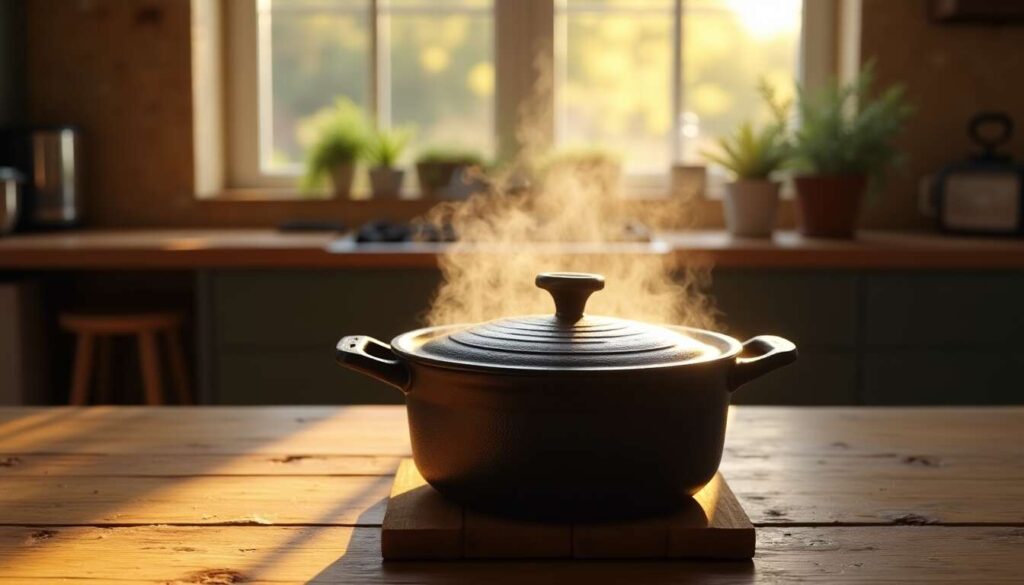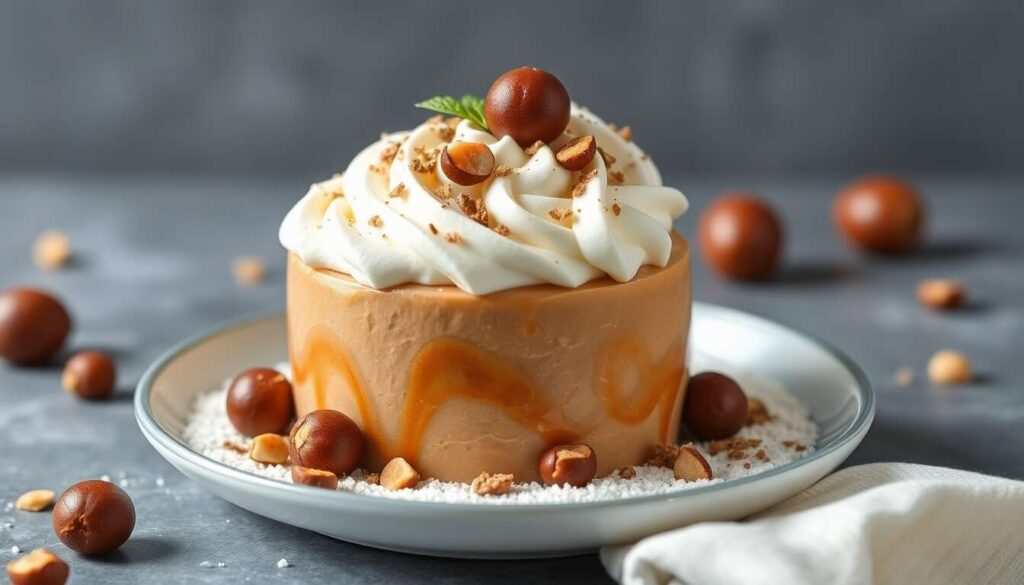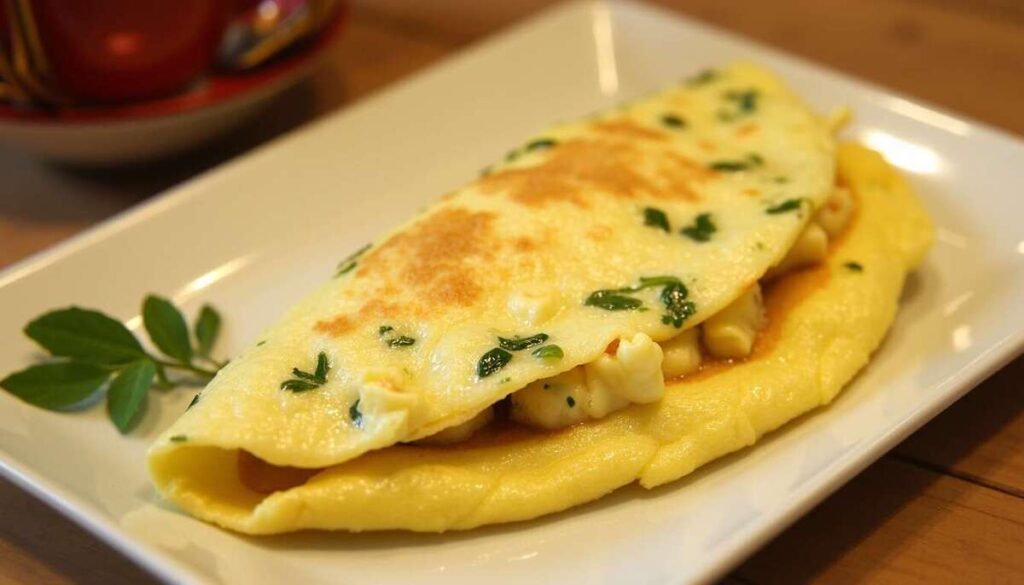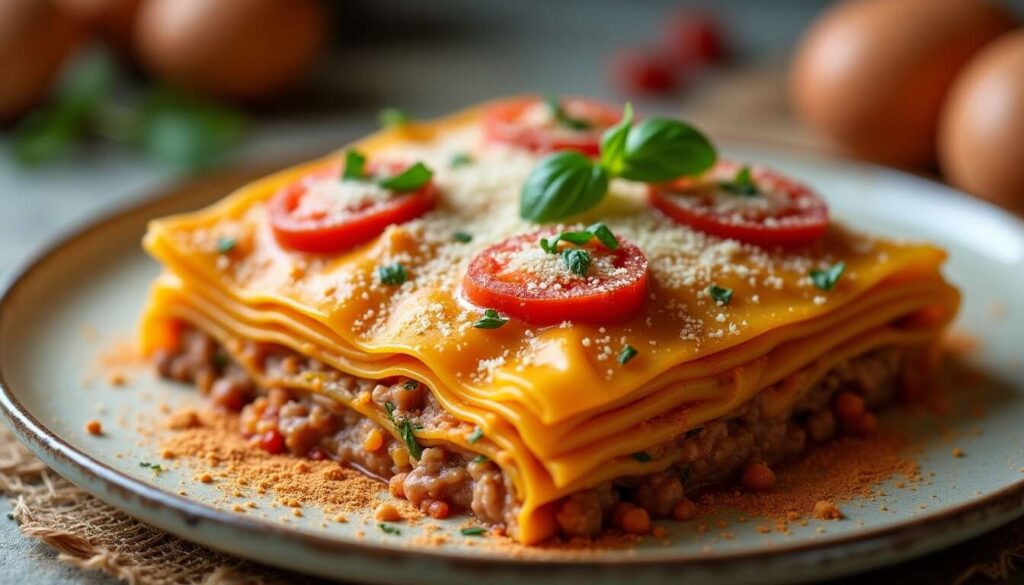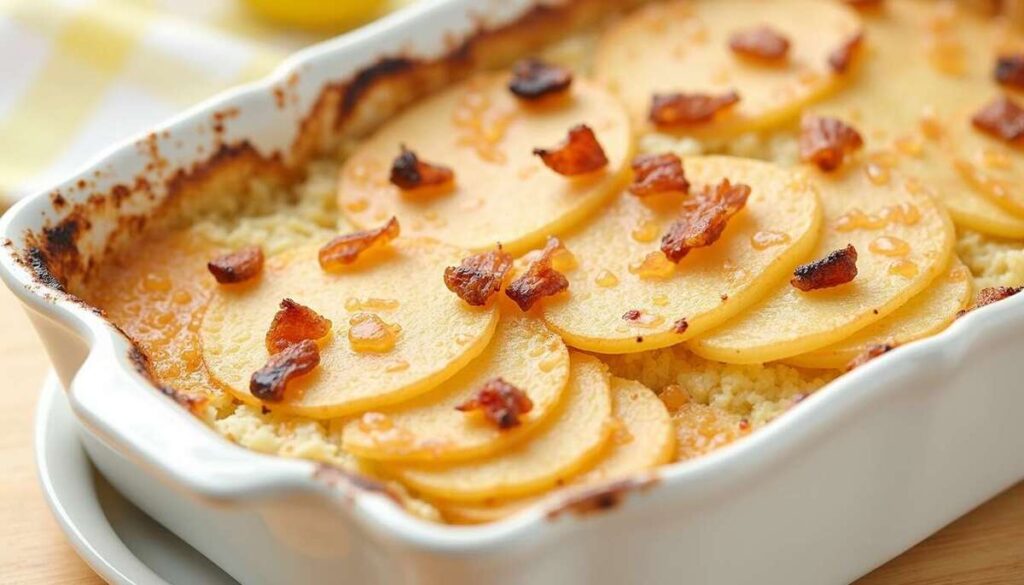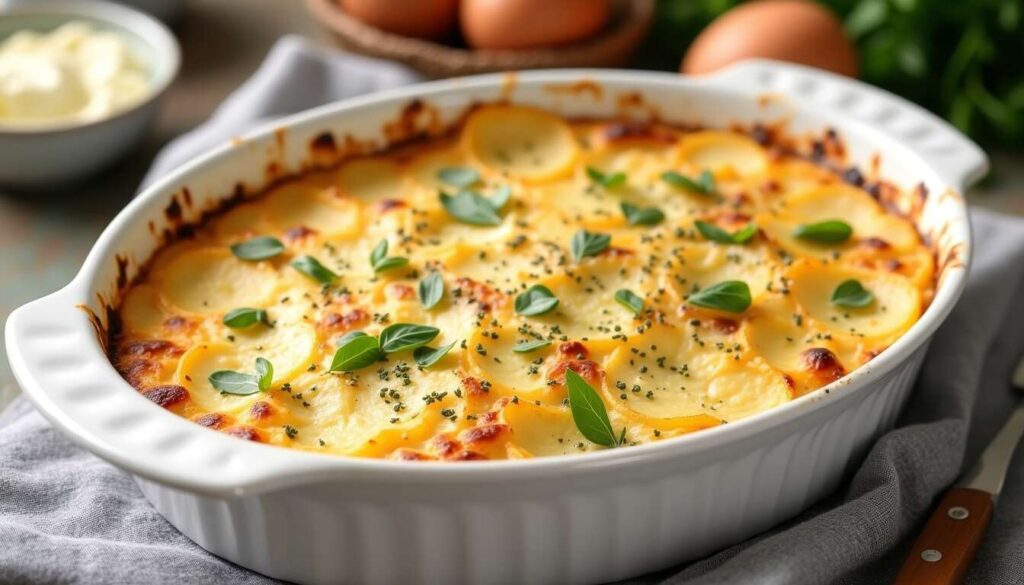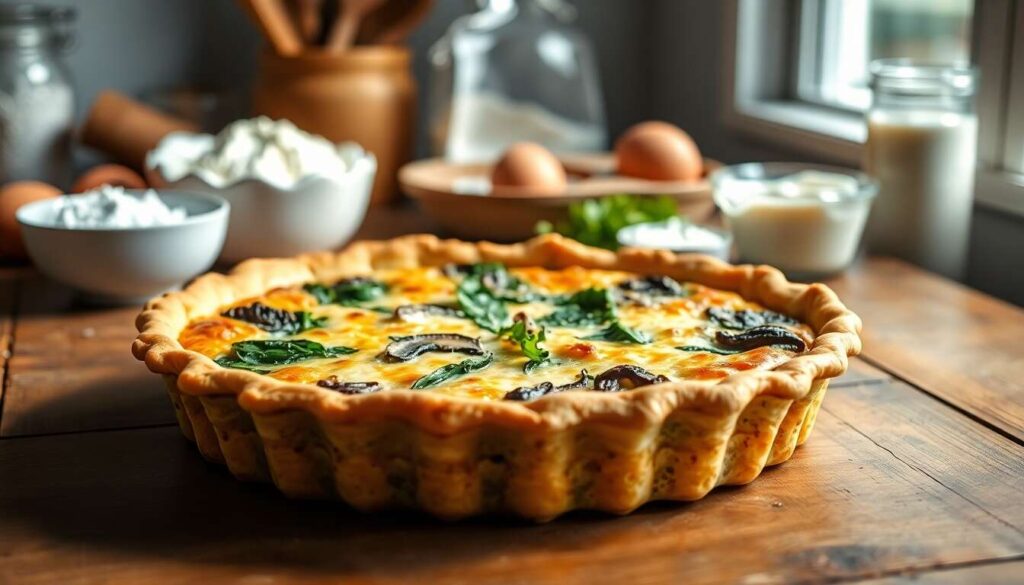Cooking in a Dutch oven provides a unique culinary experience, yielding flavorful, tender dishes rich in nutrients. This method enhances the ingredients while preserving their texture and taste. Let’s immerse ourselves in the world of Dutch oven cooking and explore ways to elevate your dishes to be worthy of the finest dining tables.
Understanding the Importance of Ingredient Selection
Respecting the Seasons
Choosing seasonal ingredients is crucial for the success of your Dutch oven dishes. These ingredients are fresher, tastier, and more affordable. For instance, in autumn, opt for pumpkins and sweet potatoes, which impart a gentle sweetness to your meals.
The Importance of Quality
Favoring high-quality products can make a significant difference. Meats sourced from organic farms or humane husbandry ensure better texture and enhanced flavors. To maximize your Dutch oven experience, invest in reliable ingredients.
The Right Combination
Strive for a balance of ingredients to create a harmonious dish. Pair root vegetables with leafy greens for a diversity of textures and flavors. Combine animal proteins with legumes for a complete and nutritious meal.
Having established the importance of ingredient selection, let us now delve into the art of mastering cooking times, essential for achieving the perfect texture.
Mastering Cooking Times for Perfect Texture
Slow Cooking
Cooking in a Dutch oven emphasizes the slow method. This allows for a gentle and even heat distribution, resulting in tender, flavorful cuts of meat. This technique accentuates the natural tastes of the ingredients.
Optimal Cooking Durations
Adapting cooking times for each ingredient is fundamental. For instance, vegetables like carrots and turnips generally require 30 to 40 minutes, while a piece of meat may need up to 2 hours.
| Ingredient | Cooking Time |
|---|---|
| Carrots | 30-40 min |
| Beef | 1.5-2 h |
The Double Check Trick
To ensure that cooking is perfect, regularly check the tenderness of the ingredients using a fork. Properly timed cooking captures all the flavors within your Dutch oven.
Having grasped the timing aspect, let’s explore tips for optimal ingredient preparation.
Tips for Optimal Ingredient Preparation
The Art of Cutting
Uniformly cutting the ingredients facilitates their cooking and enhances flavor absorption. Ensure that the pieces are of similar size.
Marinating
Marinating meats beforehand enriches their flavor. A simple blend of water, spices, and aromatic herbs can transform your dish in terms of taste.
Pre-cooking
For certain dishes, a brief high-heat pre-cooking session can seal in flavors before transitioning to slow cooking in the Dutch oven.
Once you’ve prepared your ingredients optimally, let’s discover how to choose the ideal Dutch oven for your culinary needs.
Choosing the Ideal Dutch Oven for Your Dishes
Available Materials
Dutch ovens made of cast iron are favored for their ability to distribute heat evenly. Alternatively, ceramic or stainless steel Dutch ovens are suitable for certain recipes as well.
The Size of the Dutch Oven
Adapt the size of the Dutch oven to your needs and family composition. A pot that is too large disperses excess steam, while a smaller one may be limiting for more ambitious recipes.
Additional Features
Look for Dutch ovens with a lid that fits perfectly to prevent any loss of heat or steam, which is crucial for developing flavors.
Now that you have a Dutch oven in hand, learn techniques that can transform any meat into a tender delight.
Cooking Techniques for Tender Meat
Braising
The braising method is ideal for tougher cuts of meat, as it breaks down fibers and releases deep flavors.
Simmering for Tenderness
Simmering at low temperatures ensures that the meat remains tender and juicy. Add at least one liquid such as broth or wine to further enhance the flavor.
Checking Internal Temperature
Use a cooking thermometer to check the internal temperature of the meat. A target temperature of 80-85°C for red meats and 75°C for poultry ensures ideal cooking.
After mastering meat cooking techniques, add a final touch that makes all the difference in your recipes.
Enhancing Your Recipes with an Original Final Touch
Finishing with Spices
Adding a sprinkle of spices or fresh herbs just before serving elevates the overall flavor of the dish and imparts a note of freshness.
Gratin for Crispiness
For suitable dishes, broil them for a few minutes to achieve a golden, crispy crust that offers a delightful contrast to the tenderness of the ingredients cooked in the Dutch oven.
Providing Custom Seasoning
Consider offering extras, such as lemon or fresh chili on the side, allowing guests to adjust the seasoning to their personal taste.
Now that your dishes are nearly perfect, let’s discover how to pair them for a meal that is both delicious and balanced.
Food Pairings for Flavorful and Balanced Dishes
Creating Winning Combinations
Dishes made in a Dutch oven readily lend themselves to diverse flavor combinations:
- Pair meats requiring long cooking times with root vegetables
- Add legumes for an extra boost of protein
- Integrate dried fruits for a sweet-savory touch
Respecting Food Groups
Make sure to include at least one ingredient from each food group in your dishes to guarantee a balanced meal while preserving flavor diversity.
Maintaining Texture Harmony
Select ingredients that complement each other: crunchy vegetables paired with tender meat or fluffy rice accompanied by rich, creamy sauces.
By mastering the art of Dutch oven cooking, you are now equipped to impress your friends and family with dishes that are as flavorful as they are balanced.
Thanks to Dutch oven cooking, creating both delicious and nutritious dishes is within reach. By emphasizing the right ingredient choices, precise cooking times, and culinary tips, this method opens the door to comforting and savory food. Allow the aromas and textures achieved to guide you in crafting memorable meals full of character.

